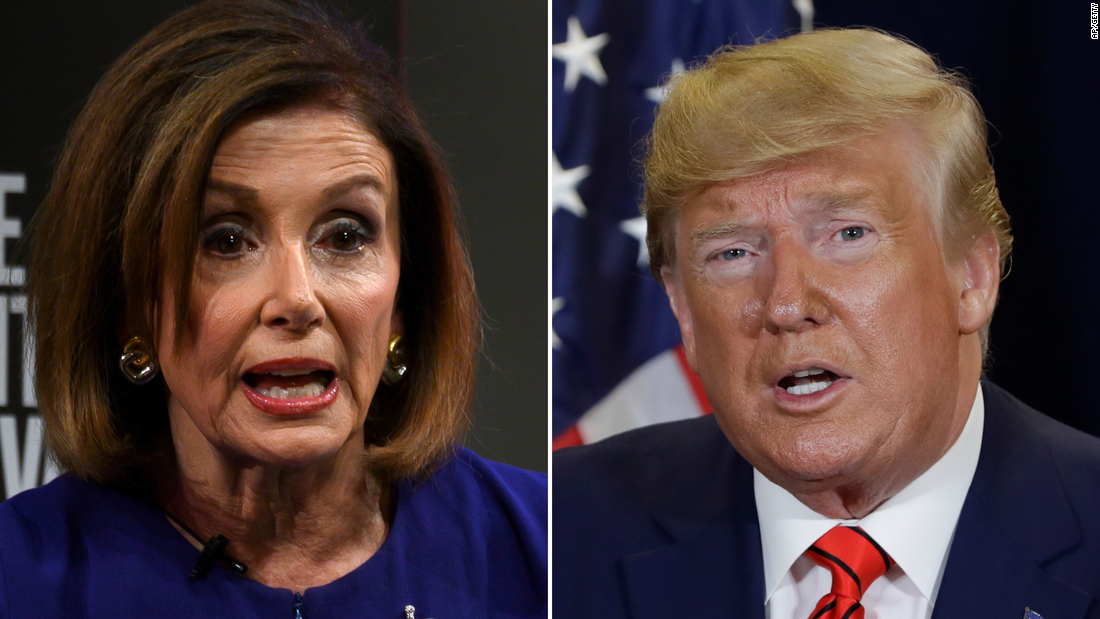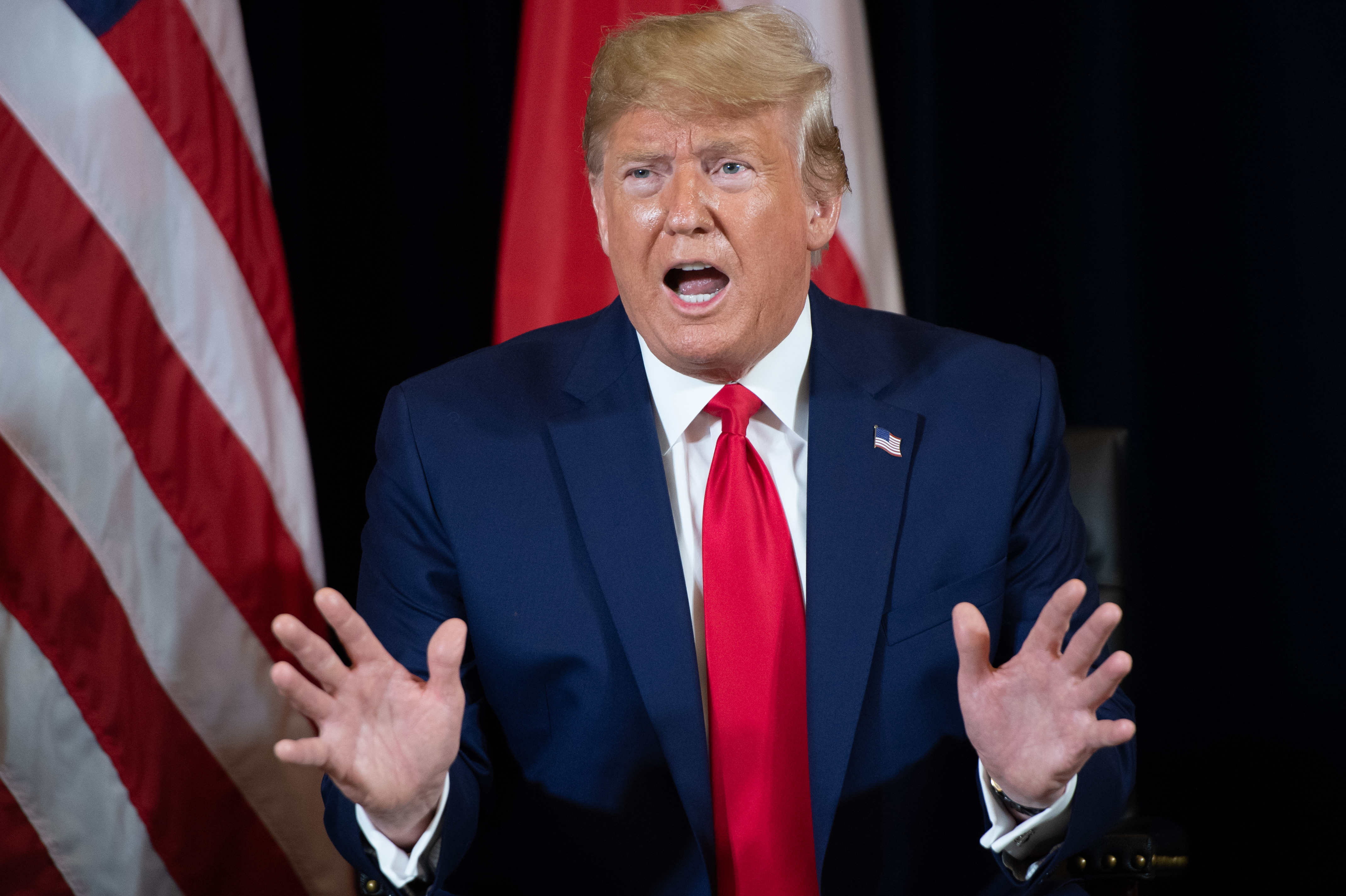
Behind closed doors, House Speaker Nancy Pelosi did not specify to her colleagues yesterday exactly how the impeachment inquiry will play out. In part, that's by design.
Here's what you need to know about what happens next:
- What committees are involved? Each of the six committees — Judiciary, Intelligence, Ways and Means, Financial Services, Oversight and Foreign Affairs — will continue with their investigations, looking at different elements of Trump's presidency, his past and his businesses. Months ago, these committees sorted out the different areas they are investigating, and many of the investigations are still charging ahead or their fights are tied up in court. If the Democrats decide to impeach President Trump, the Democrats on these committees will each provide their input over what they believe should be included in articles of impeachment, which will be introduced by House Judiciary Chairman Jerry Nadler. (Pelosi will have the ultimate say on this.)
- When would an impeachment vote happen? The House Judiciary Committee will consider the articles of impeachment resolution and schedule a vote on it. If it passes the House panel, then the full House is expected to take it up. If a majority of House members vote for the resolution, then the House will have impeached Trump. To convict the President and remove him from office, it would require support from a two-thirds majority of the Senate, a highly unlikely proposition.
- So in the end, what's changed? Not a whole lot, other than Pelosi formally endorsing an impeachment inquiry. But for the past couple months, the House Judiciary Committee has made the case that it was already conducting an impeachment inquiry with the goal of deciding whether to vote on articles of impeachment. There will not be a separate vote to open up an impeachment inquiry, Democrats say. Pelosi would not give a timeframe over this process but she told her colleagues it would be done "expeditiously," and Nadler has hoped to conclude it by the end of the year.








